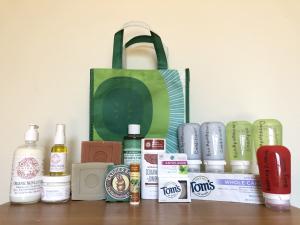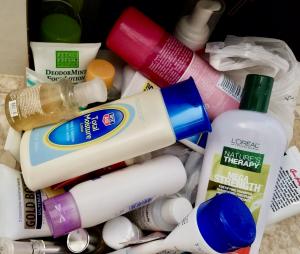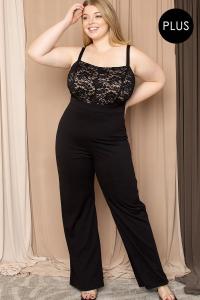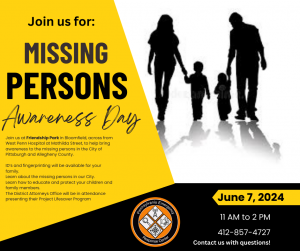Community-based study suggests women who eliminate use of personal care products containing estrogen-like chemicals may reduce risk of breast cancer.
— Polly Marshall
SAN FRANCISCO, CA, USA, June 13, 2023/EINPresswire.com/ — Breast Cancer Over Time (BCOT), a pioneering non-profit organization created and controlled by breast cancer survivors and based in San Francisco, has released findings from an innovative community-based participatory research study reporting a link between phthalates and parabens found in personal care products and an increased risk of breast cancer.
Breast cancer survivors, in collaboration with experienced breast cancer researchers, conducted this unique research project aimed to assess the impact of reducing specific chemical exposures on breast cells.
Healthy women were recruited to donate normal breast cells for comparative analysis after discontinuing use of personal care products containing parabens and phthalates, which are estrogen-like manufactured chemicals. Pre- and post-intervention fine needle aspirates of the breast were collected and analyzed, revealing a reversal of cancer-associated phenotypes within the breast cells of participants who eliminated the use of these products. Additionally, a reduction in parabens and phthalate metabolites was observed in their urine.
The results of the BCOT/CPMCRI (California Pacific Medical Center Research Institute) study, developed in close collaboration with CPMCRI scientists, have been published in the scientific journal, “Chemosphere” – “Reduction of daily-use parabens and phthalates reverses accumulation of cancer-associated phenotypes within disease-free breast tissue of study subjects.” These findings demonstrate the potential for reducing breast cancer risk by minimizing exposure to hormonally active chemicals. The recent publication of this research prompted “Environmental Health News” to present an accessible interpretation of the study’s results, titled “Get phthalates, parabens out of the bathroom drawer to reduce breast cancer risk: Study” for non-scientific audiences.
Polly Marshall, Executive Director of Breast Cancer Over Time and Community Principal Investigator of the study, emphasized the research’s underlying motivation, stating, “As breast cancer survivors, our mission is to prevent breast cancer in future generations. We want answers now, to protect our children and everyone’s children from the devastating effects of this far-too-common disease.” Marshall, a breast cancer survivor and mother of two, drew inspiration from her weekly support group of women living with breast cancer, whose experiences and questions influenced and shaped the study.
The study sheds light on the carcinogenic effects of estrogenic overstimulation in human breast tissue. Personal care products such as shampoo, deodorant, and fragrance often contain parabens and phthalates, which exhibit estrogenic activity. Unlike research using animal models, this study focused on understanding how reducing real-time exposure of humans to these estrogen-like chemicals in personal care products, decreases breast cancer risk factors in their breast tissue, potentially lowering their risk of developing breast cancer.
Breast Cancer Over Time provided participants with paraben and phthalate-free personal care products exclusively for the 28-day study duration, while documenting their product usage, and supported them through tissue donation.
Emilia Omerberg, a study participant stated… “Both my mother and grandmother had breast cancer, so I have witnessed the pain of this disease firsthand. Is it inevitable that I will get it too or is there something I can do to help prevent it? Does my deodorant or make-up or body lotion increase my risk? There are too many unanswered questions for my generation; that’s why I chose to take concrete action by volunteering for this study.
She further emphasized, “We need more active prevention, rather than merely symbolic gestures like wearing pink. I want to protect myself and my friends by preventing breast cancer altogether!”
The research results have far-reaching implications for breast cancer prevention and underscore the importance of making informed choices regarding personal care products and cosmetics.
Ms. Marshall concluded, “It is essential to replicate this study and pursue additional research into breast cancer prevention, building upon this innovative model that investigates the impact of environment exposures on normal human breast tissue. Our commitment to the next generation demands it.”
For further information or media inquiries, please contact:
Jacqueline Wilkes, Director of Communications and Outreach, Breast Cancer Over Time
Phone: (415) 810-3226 Email: [email protected]
Jacqueline Wilkes
Breast Cancer Over Time
+1 415-810-3226
[email protected]
![]()
Originally published at https://www.einpresswire.com/article/639140253/first-of-its-kind-research-links-phthalates-and-parabens-in-personal-care-products-to-higher-breast-cancer-risk







